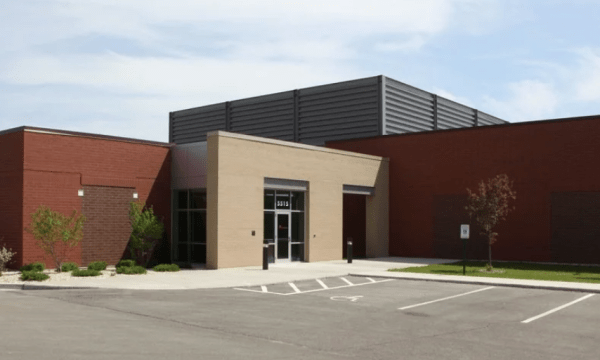Rolling Meadows Data Centers Locations (150)
















































































About Rolling Meadows, United States Data Centers Market
Rolling Meadows Data Centers
Rolling Meadows, located in Cook County, Illinois, is strategically positioning itself as a significant hub in the data center industry of the Midwestern United States. Its proximity to major metropolitan areas like Chicago provides Rolling Meadows with substantial advantages for data management and connectivity within both national and international networks.
The area’s infrastructure is robustly designed to support advanced technological services, including cloud computing, cybersecurity, and big data analytics. These capabilities are bolstered by investments from both government and private sector initiatives aimed at enhancing Illinois’ digital infrastructure, supported by a regulatory environment that promotes digital innovation and robust data protection. Rolling Meadows’ strategic location not only facilitates rapid access to major markets across the Midwest but also leverages its status as a business-friendly suburb with a strong emphasis on technology and innovation, enhancing its connectivity and technological prowess.
Moreover, Rolling Meadows benefits from Illinois’ business-friendly climate, which includes various incentives for technology investments and fosters a competitive tech industry. These factors collectively promote ongoing development in data center projects, reinforcing Rolling Meadows’ role as an emerging strategic location for data operations within the region.
Strategic Advantages
Rolling Meadows’ location offers numerous benefits to data center operators and clients. Its connectivity within the United States’ extensive network of high-speed telecommunications ensures superior connectivity options, minimizing latency and maximizing speed for critical data operations. This high-level connectivity is essential for businesses that rely on real-time data processing and high-speed internet services.
Additionally, Rolling Meadows’ data centers benefit from the region's temperate climate, which provides natural cooling advantages during much of the year, reducing the need for extensive artificial cooling and enhancing overall energy efficiency. This is a key factor for companies when selecting a location for their data centers, ensuring operational cost-effectiveness and environmental sustainability.
Furthermore, the growing data center market in Rolling Meadows fosters a competitive environment that drives technological advancements and innovation. This competition not only leads to improved services and infrastructure but also helps attract a skilled workforce, which is essential for maintaining and expanding data center operations.
Current Trends and Industry Developments
The data center industry in Rolling Meadows is witnessing significant trends that impact both immediate operations and long-term strategies. There is an increasing emphasis on sustainability, with many facilities adopting greener technologies and more energy-efficient practices. This shift towards sustainability is driven by both environmental concerns and the economic benefits of reduced energy costs.
The demand for hybrid cloud solutions is also growing, as Rolling Meadows’ data centers adapt to offer more integrated services that combine private and public cloud functionalities. This adaptability makes Rolling Meadows an attractive market for companies looking for dynamic and cost-effective data management solutions.
Moreover, the expansion of artificial intelligence and machine learning technologies is enhancing the efficiency and capability of data centers. Operators in Rolling Meadows are investing in these technologies to optimize data storage, manage energy consumption, and improve security measures, setting new standards for operational efficiency.
Future Developments and Opportunities
Looking forward, Rolling Meadows is poised for continued growth and innovation in the data center sector. The ongoing digital transformation across various industries presents numerous opportunities for data centers in Rolling Meadows to expand their services and infrastructure. As more organizations rely on big data, artificial intelligence, and the Internet of Things (IoT), the demand for sophisticated data handling capabilities will likely increase.
Furthermore, developments in edge computing present opportunities for Rolling Meadows’ data centers to become crucial nodes in a larger network that places processing power closer to data sources and end-users, enhancing the speed and efficiency of data services.
Lastly, strategic partnerships among data center operators, technology companies, and academic institutions in Rolling Meadows are fostering an innovative ecosystem. These collaborations are likely to produce cutting-edge solutions that could set new benchmarks for the data center industry globally, ensuring Rolling Meadows remains at the forefront of technological advancements.
GLOBAL
Top 10
Colocation Providers









